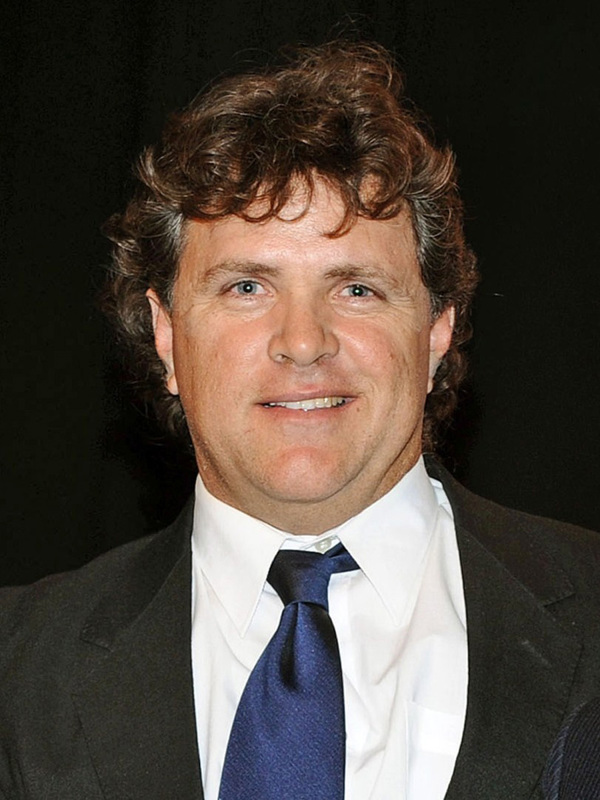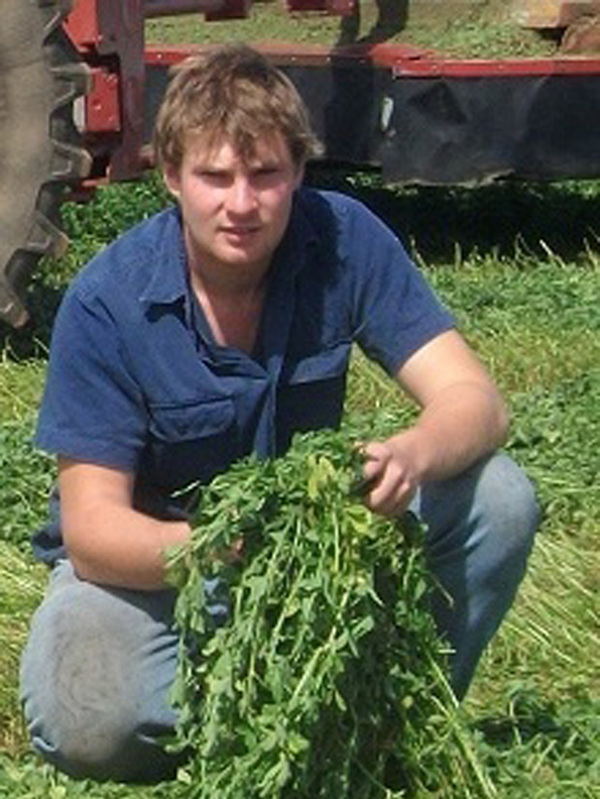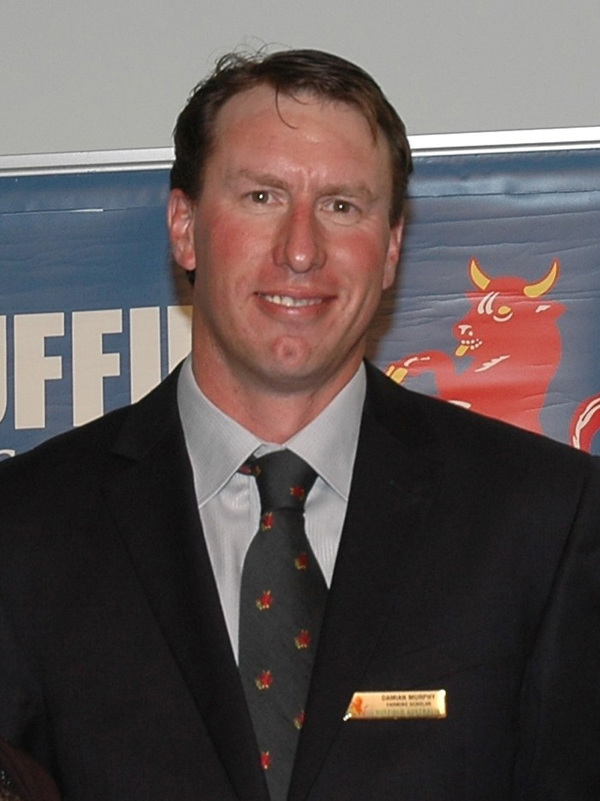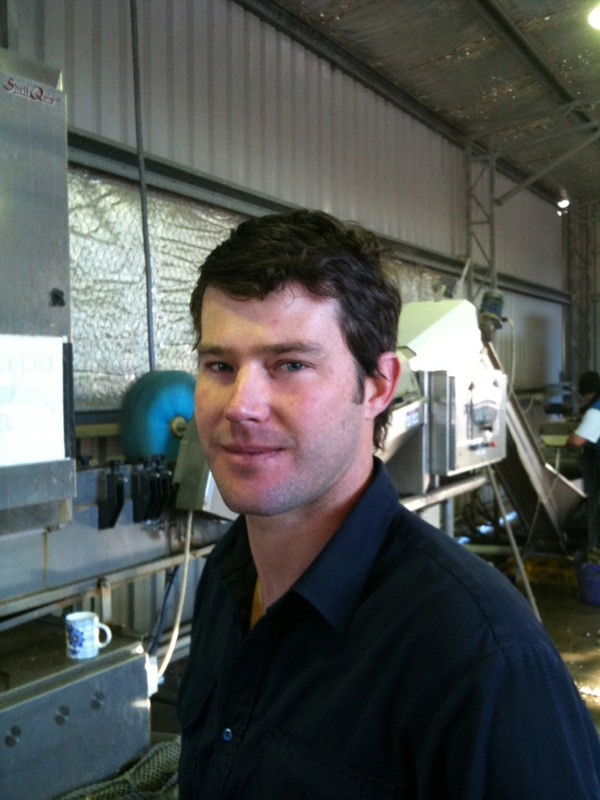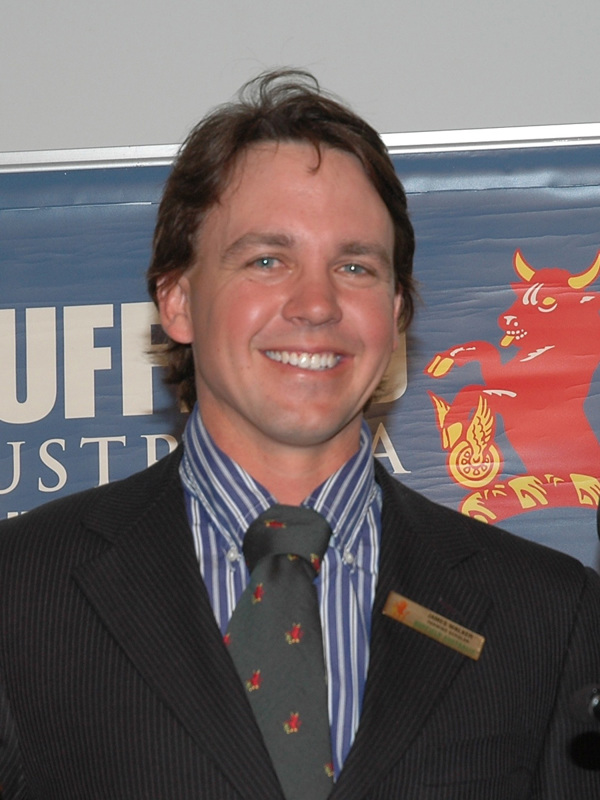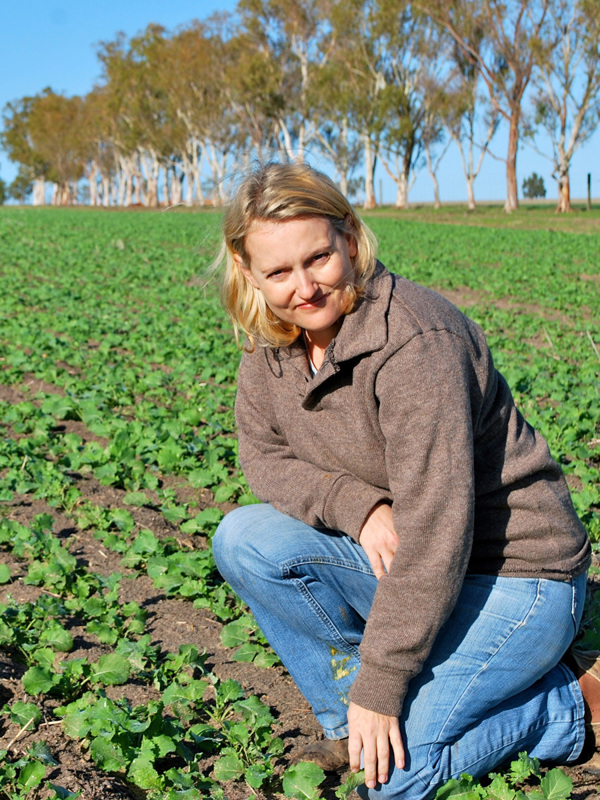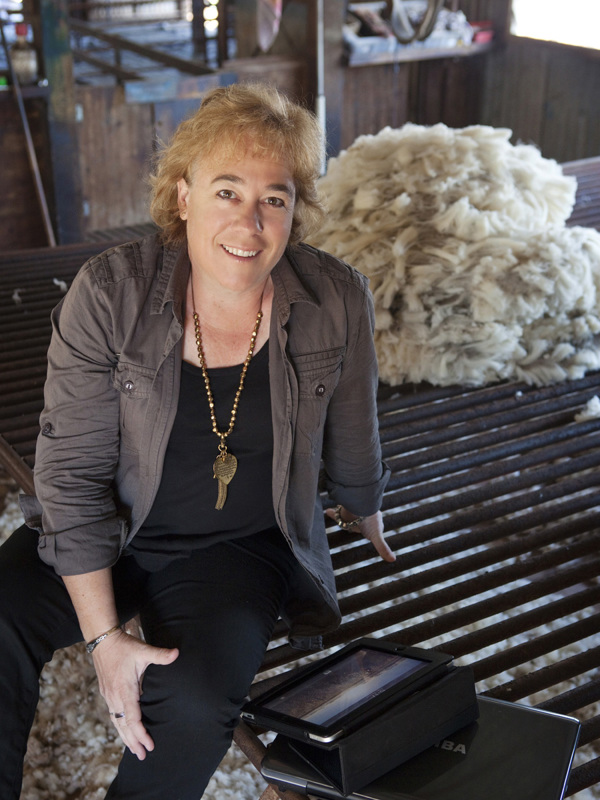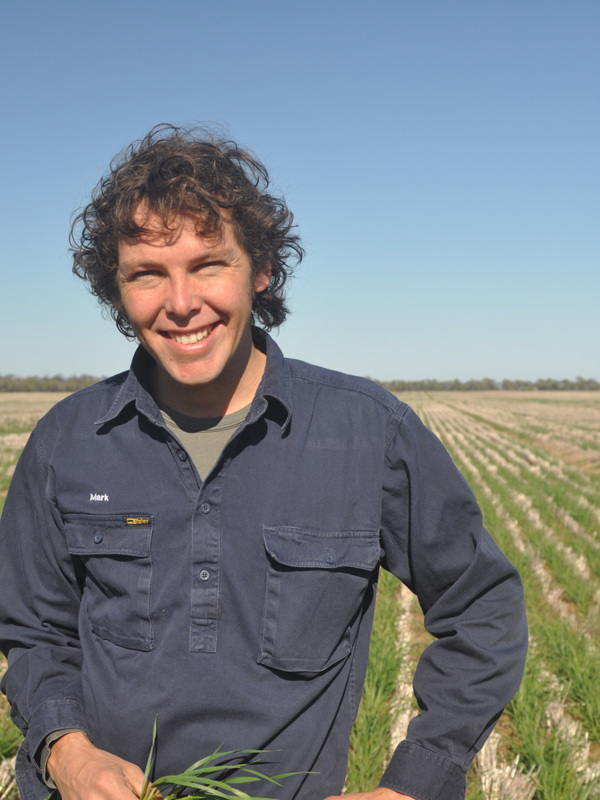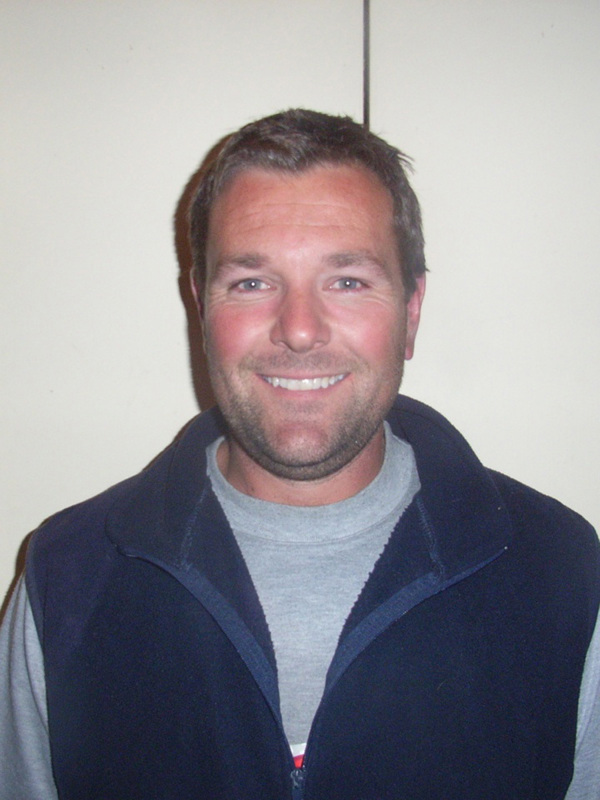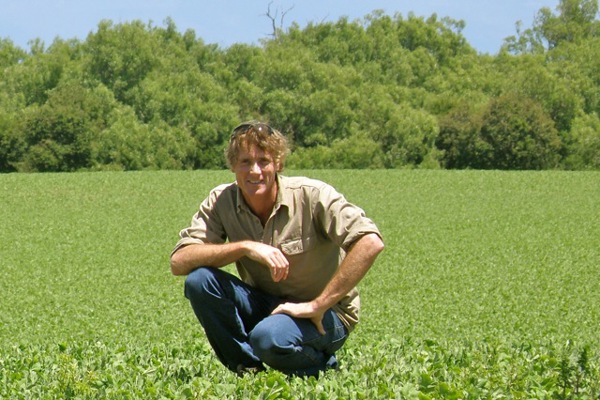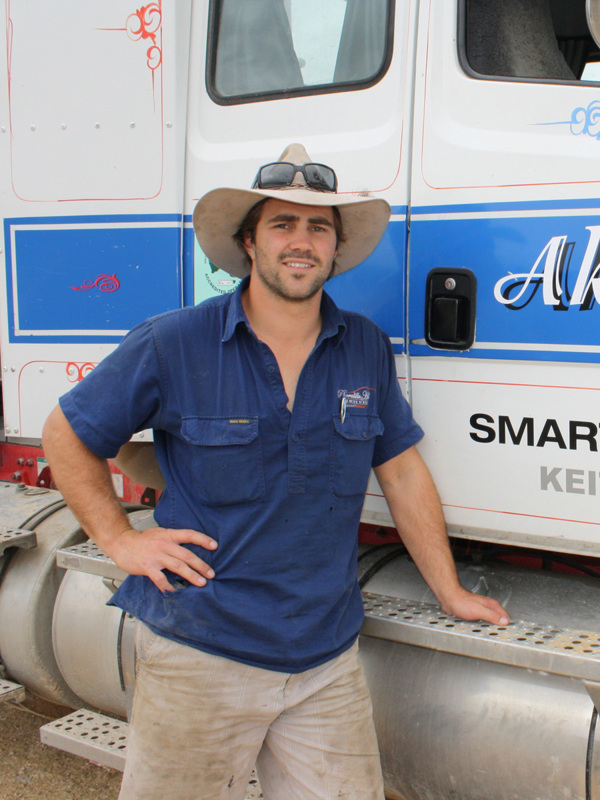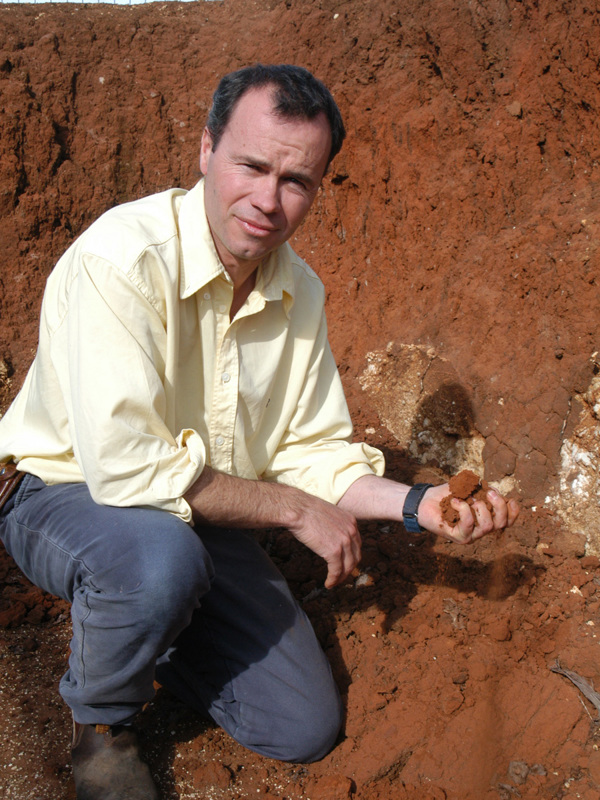
Matthew Neumann
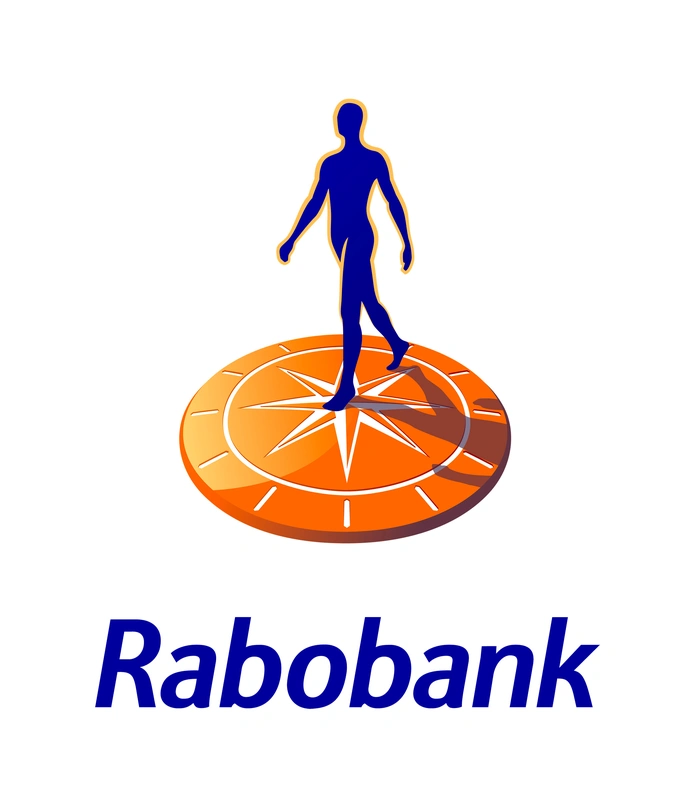
With the back pocket being a critical component of modern agriculture, better farmgate returns was a natural scholarship choice for Matt Neumann.
The Bordertown potato grower focussed on how medium-sized producers could use value chains to improve profitability, rather than the traditional supply chains.
“A value chain relationship is about being in a collaborative mindset and working together with willing partners to achieve value for the producer and consumer. As potato growers we deal with Coles and Woolworths and in the last five to ten years have had consolidation in our marketplace and rising input costs, resulting in lower returns and tighter product specifications. We want to maximise our income stream by implementing strategies, using collaborative structures and finding creative ways of marketing our produce,” Matt explains.
In the past Matt has worked with a production-based model, in which bulk commodities are simply pushed to the next stage of the supply chain and marketed with little product identity. However, he believes the more inclusive value chain model is a better way to go.
“I really believe that there are opportunities if we can fully understand our value chain dynamics and how they relate to the needs of the consumer. Value chains are really the key to engaging consumers as they are more collaborative and with techniques like vertical integration, we can try and maximise our farmgate returns,” Matt says.
With the whole supply chain to research, Matt had plenty of choices for his travel itinerary, visiting academics through to businesses that have taken full control of their value chains.
“A standout was meeting Professor Nic Lees at Lincoln University in New Zealand, who explained the differences between value chains and a supply chains and talked about how aesthetics are a proxy for quality, meaning consumers are making their decisions based on what a product looks like as opposed to things like health benefits, taste and texture. From there we spoke to Andrew Fern, another leading industry spokesman on supply chains, who told me how supermarkets in the fresh produce sector have category managers to ensure product on the shelves is fit for sale. However on average they only last in that position for 18 months, so we need to constantly be talking with those category managers about our needs and help them understand our product,” Matt explained.
Matt says while individual producers can build better returns by understanding consumers, industry collaboration is also important.
“I really believe that the potato industry in South Australia has been fragmented for 20 years and we’re just starting to see some change now with the Potatoes SA industry group, so again, we need to be collaborative as opposed to being competitive – we need to look for the common good and work together to achieve change in our industry,” he says.

